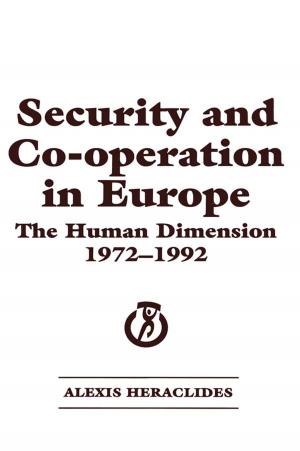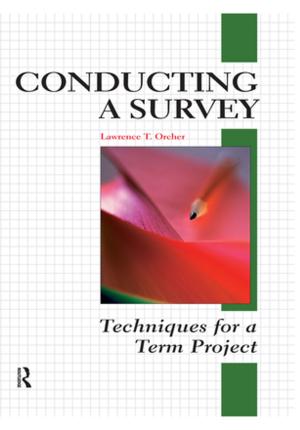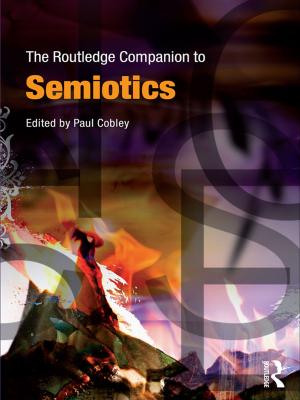| Author: | Margaret Hunt | ISBN: | 9781317883876 |
| Publisher: | Taylor and Francis | Publication: | June 11, 2014 |
| Imprint: | Routledge | Language: | English |
| Author: | Margaret Hunt |
| ISBN: | 9781317883876 |
| Publisher: | Taylor and Francis |
| Publication: | June 11, 2014 |
| Imprint: | Routledge |
| Language: | English |
Was the century of Voltaire also the century of women? In the eighteenth century changes in the nature of work, family life, sexuality, education, law, religion, politics and warfare radically altered the lives of women. Some of these developments caused immense confusion and suffering; others greatly expanded women’s opportunities and worldview – long before the various women’s suffrage movements were more than a glimmer on the horizon. This study pays attention to queens as well as commoners; respectable working women as well as prostitutes; women physicists and mathematicians as well as musicians and actresses; feminists as well as their critics. The result is a rich and morally complex tale of conflict and tragedy, but also of achievement.
The book deals with many regions and topics often under-represented in general surveys of European women, including coverage of the Balkans and both European Turkey and Anatolia, of Eastern Europe, of European colonial expansion (particularly the slave trade) and of Muslim, Eastern Orthodox, and Jewish women's history. Bringing all of Europe into the narrative of early modern women's history challenges many received assumptions about Europe and women in past times, and provides essential background for dealing with issues of diversity in the Europe of today.
Was the century of Voltaire also the century of women? In the eighteenth century changes in the nature of work, family life, sexuality, education, law, religion, politics and warfare radically altered the lives of women. Some of these developments caused immense confusion and suffering; others greatly expanded women’s opportunities and worldview – long before the various women’s suffrage movements were more than a glimmer on the horizon. This study pays attention to queens as well as commoners; respectable working women as well as prostitutes; women physicists and mathematicians as well as musicians and actresses; feminists as well as their critics. The result is a rich and morally complex tale of conflict and tragedy, but also of achievement.
The book deals with many regions and topics often under-represented in general surveys of European women, including coverage of the Balkans and both European Turkey and Anatolia, of Eastern Europe, of European colonial expansion (particularly the slave trade) and of Muslim, Eastern Orthodox, and Jewish women's history. Bringing all of Europe into the narrative of early modern women's history challenges many received assumptions about Europe and women in past times, and provides essential background for dealing with issues of diversity in the Europe of today.















